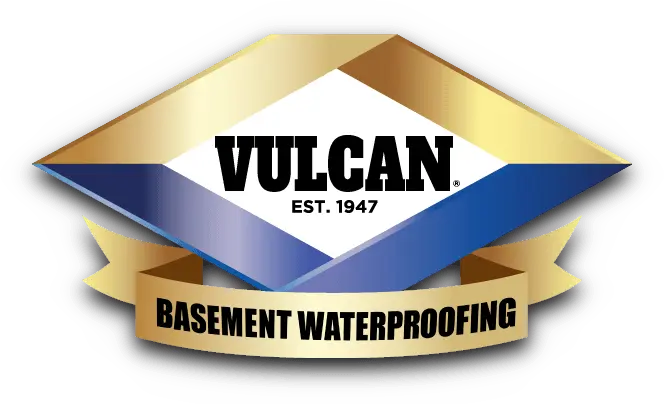Call for a Free Quote
- In Business since 1947 -
- Over 850,000 Basements Waterproofed -
Our Services:
Service Areas:
Why Basements Flood
Basements are inherently prone to flooding. They are the lowest level of a building, typically built partly or entirely below ground level. Groundwater builds up next to your home causing hydrostatic pressure on the foundation walls and finds its way in through a multitude of entry points (the cove where the basement walls and floor meet, foundation cracks, window wells, etc.).
There are a number of reasons why basements flood.
-
A High Water Table: water levels can either be permanently above the bottom of the basement floor or rise during storms and then subside.
-
Underground Streams or Capillaries
-
Unmaintained foundation: cracks have developed that allow water to seep in
-
Foundation Drainage Failure: Homes usually have some form of a drainage system built around them. Pitch or tar used to waterproof exterior walls at the time of original construction often deteriorate in as little as 3 to 5 years leaving the walls unprotected
-
Poor lot grading: the sloping of the land is promoting water flow toward the house
-
Problems with pipes: Leaking pipes inside or outside the home
-
Surface water or overland flooding
The Damage Caused by Wet Basements
It’s the water you can’t see that can destroy your home’s foundation! An excess of water around footings may undermine them causing damaging settlement of the foundation.
Concrete is made primarily of sand. Imagine what will happen to a block of sand in a pool of water. The erosion of concrete happens the same way, over time with the foundation slowly softening, then weakening until it gives way, bringing water into the basement or worse. This erosion can happen in block foundations even faster because they are generally hollow to begin with.
Once water has made it to the inside of the basement through the walls and/or floor, it can only get worse. So, as you can see, the water you see in the basement is only a “Symptom” — not the problem.
Sooner or later, the majority of home owners will have to do some form of basement waterproofing if they have any sub-soil area in their home.
Signs of Basement Water Damage
Standing water is the most obvious sign of water damage in your basement. However, Water damage from a slow leak or poor drainage can be just as devastating. We recommend that you inspect your basement once a month for water damage. If your basement has one or more of the signs below call one our specialists at Vulcan Basement Waterproofing to schedule a free on-site estimate.
Cracks
Water from poor or improper drainage, heavy rains, and winter thaws can easily enter your home through cracks in the foundation, window seals, walls, or floor. Extreme temperatures, hydrostatic pressure, or ice put pressure on the structure of your home and may cause cracks over time. These small cracks will get worse over time and are exacerbated by the harsh Northeast weather.
Mold
Mold requires water to grow and is often a sign of water damage in the basement. If you see mold, there must be a consistent source of moisture or water. Common causes are slow plumbing leaks and condensation from HVAC systems, but mold may also be a sign of a larger problem. Bleach and water will clean surface mold, but it will return if the source of the moisture isn’t fixed.
Odors
Basements are often prone to odors, but take note of persistent and abnormal odors.
Stains
From leaky pipes in the ceiling and walls to cracks in your foundation, yellowish-brown stains are a common sign of basement water damage. Look for stains or discoloration on walls, paneling, carpeting, and ceiling tiles. While you can cosmetically repair some stains with a new drop ceiling tile or a fresh coat of paint, you should contact a Vulcan Basement waterproofing specialist to prevent further damage.
Deterioration
Like stains, deteriorating or crumbling building materials are often a sign of water damage. Drywall, plaster, and wood will break down after consistent exposure to excess moisture or standing water. While flaking or peeling paint and wallpaper may be a sign of age, it may be caused by basement water damage as well.
Efflorescence
Efflorescence is a white powdery coating that forms on foundation walls and other surfaces in the presence of persistent moisture. Often confused with mold, efflorescence has a distinct shimmer like thousands of tiny crystals. Commonly associated with poor waterproofing, efflorescence is also a sign of other water damage
Your Trusted Basement Waterproofers
Established 1947 Our Only Business for Over 65 Years
